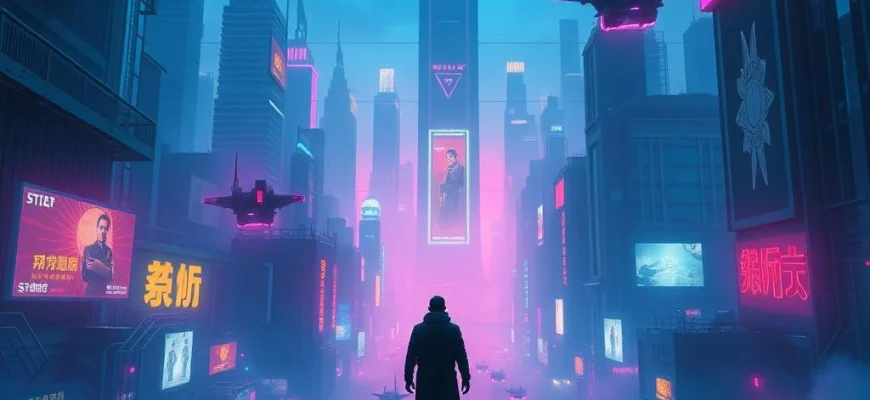If you loved the cyberpunk thriller 'Lost in Shell (2018)' and are craving more mind-bending sci-fi adventures, you're in the right place. This article explores 10 movies and shows that share similar themes of identity, technology, and dystopian futures, perfect for fans of the genre.
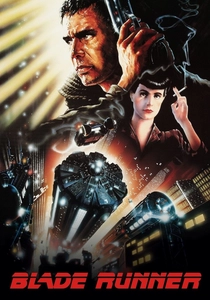
Blade Runner (1982)
Description: A neo-noir sci-fi film that questions what it means to be human, set in a rain-soaked, neon-lit dystopian future with replicants and existential dilemmas.
Fact: The film's visual style was heavily influenced by the artwork of French comic book artist Moebius, and its soundtrack by Vangelis is considered iconic.
 Watch Now
Watch Now 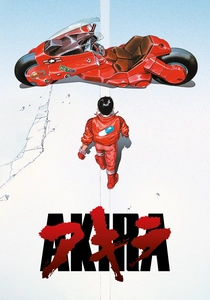
Akira (1988)
Description: A groundbreaking anime that delves into themes of power, corruption, and human evolution, featuring a dystopian cityscape and intense action sequences.
Fact: The film's production involved over 160,000 animation cels, a record at the time, and its soundtrack was one of the first to use a combination of traditional and electronic instruments.
 Watch Now
Watch Now 
Neon Genesis Evangelion (1995)
Description: A deeply psychological mecha anime that delves into themes of existentialism, trauma, and human connection, with a visually striking and often surreal style.
Fact: The series' iconic opening theme, 'A Cruel Angel's Thesis,' became a cultural phenomenon in Japan and remains one of the most recognizable anime songs.
 Watch Now
Watch Now 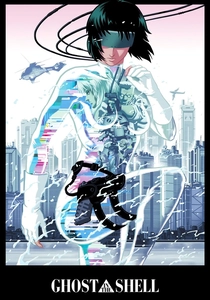
Ghost in the Shell (1995)
Description: This film explores themes of identity, consciousness, and the merging of human and machine, set in a cyberpunk future with stunning visuals and philosophical depth.
Fact: The film's iconic opening sequence features a cyborg being assembled, blending organic and mechanical elements in a visually striking manner.
 Watch Now
Watch Now 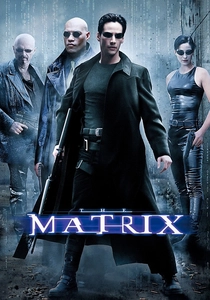
The Matrix (1999)
Description: A revolutionary film that blends cyberpunk aesthetics with philosophical questions about reality, control, and freedom, featuring groundbreaking action sequences.
Fact: The film's 'bullet time' effect was achieved using a rig of 120 still cameras and was inspired by the work of photographer Eadweard Muybridge.
 Watch Now
Watch Now 
Cowboy Bebop (1998)
Description: A genre-blending space western with a jazz-infused soundtrack, exploring themes of loneliness, redemption, and the past's inescapability.
Fact: The series was originally intended to be a children's show but evolved into a more mature narrative due to the creative team's desire for artistic freedom.
 Watch Now
Watch Now 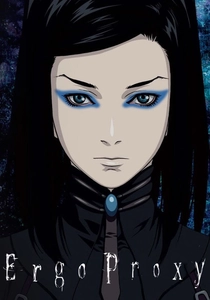
Ergo Proxy (2006)
Description: A cerebral anime series that combines cyberpunk elements with existential philosophy, set in a post-apocalyptic world where androids and humans coexist.
Fact: The series' title refers to the philosophical concept of the 'ergo proxy,' a stand-in for the self, reflecting its deep thematic exploration of identity.
 Watch Now
Watch Now 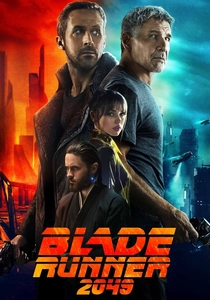
Blade Runner 2049 (2017)
Description: A sequel that continues to explore themes of identity, memory, and humanity, with breathtaking cinematography and a hauntingly beautiful score.
Fact: The film's production design involved building massive practical sets, including a futuristic Las Vegas, to create a tangible sense of scale and realism.
 Watch Now
Watch Now 
Psycho-Pass (2012)
Description: A dystopian anime series that examines a society where human emotions and potential for crime are quantified, raising questions about free will and justice.
Fact: The series' concept of the 'Sibyl System' was inspired by real-world predictive policing technologies and psychological theories.
 Watch Now
Watch Now 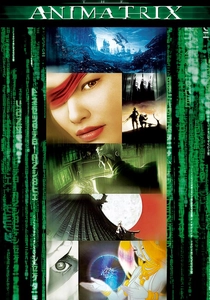
The Animatrix (2003)
Description: A collection of animated shorts that expand the lore of a cyberpunk universe, exploring diverse animation styles and philosophical themes.
Fact: The project involved several renowned anime directors, each bringing their unique visual and narrative style to the anthology.
 Watch Now
Watch Now 
